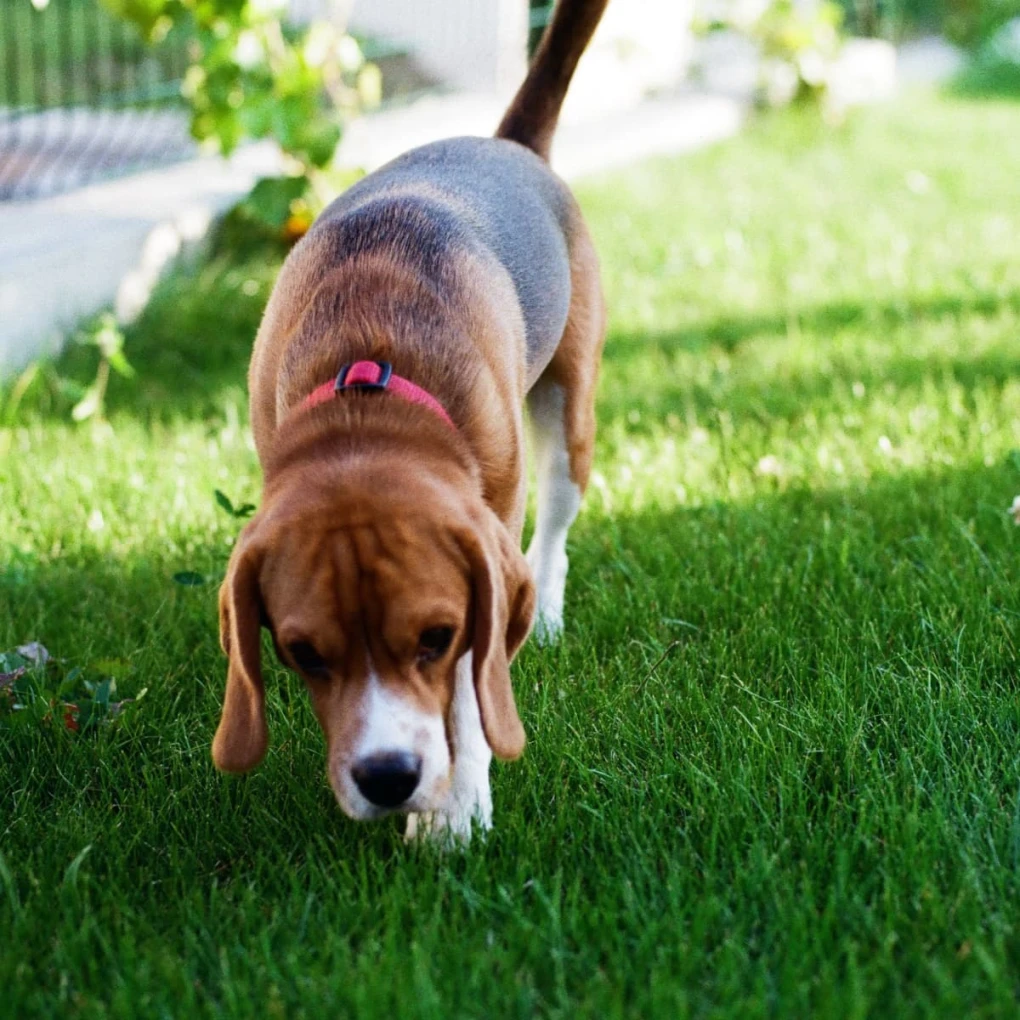Understanding Coprophagia: Why Does My Dog Eat Poop?

If you've ever witnessed your dog indulging in the less-than-appetizing behavior of eating poop, you may have wondered what drives this peculiar habit. Coprophagia, or the act of consuming feces, can be quite perplexing for dog owners. In this blog post, we'll delve into the reasons behind why dogs engage in this behavior and explore strategies to prevent or address it. Let's shed light on this common canine conundrum.
Why Does My Dog Eat Poop?
- Behavioral Causes:
- Instinctual behaviors and ancestral influences.
- Attention-seeking or boredom-induced behavior.
- Nutritional deficiencies and hunger.
- Health Factors:
- Malabsorption or digestive disorders.
- Enzyme deficiencies or imbalances.
- Parasites or infections.
- Underlying medical conditions.
- Puppy and Maternal Behavior:
- Puppies exploring their environment.
- Maternal cleaning instincts.
Addressing Coprophagia:
- Veterinary Guidance:
- Rule out underlying health issues through a comprehensive examination.
- Obtain professional advice on dietary adjustments or supplementation.
- Behavioral Interventions:
- Positive reinforcement training techniques.
- Distraction and redirection strategies.
- Increasing mental and physical stimulation.
- Environmental Management:
- Maintaining a clean and sanitary living space.
- Promptly removing feces from the environment.
- Restricting access to feces (e.g., using a leash or muzzle).
- Dietary Considerations:
- Ensuring a nutritionally balanced diet.
- Consultation with a veterinarian for appropriate food choices.
While the act of dogs eating poop can be unsettling and confusing, it's essential to understand that various factors can contribute to this behavior. By addressing potential underlying causes and implementing appropriate strategies, you can help your dog overcome coprophagia and ensure their overall well-being. Remember, seeking guidance from a veterinarian is crucial to rule out any medical conditions and receive tailored advice for your furry friend's specific needs.
Let's unravel the mystery behind coprophagia and promote a healthier, happier life for our beloved dogs!